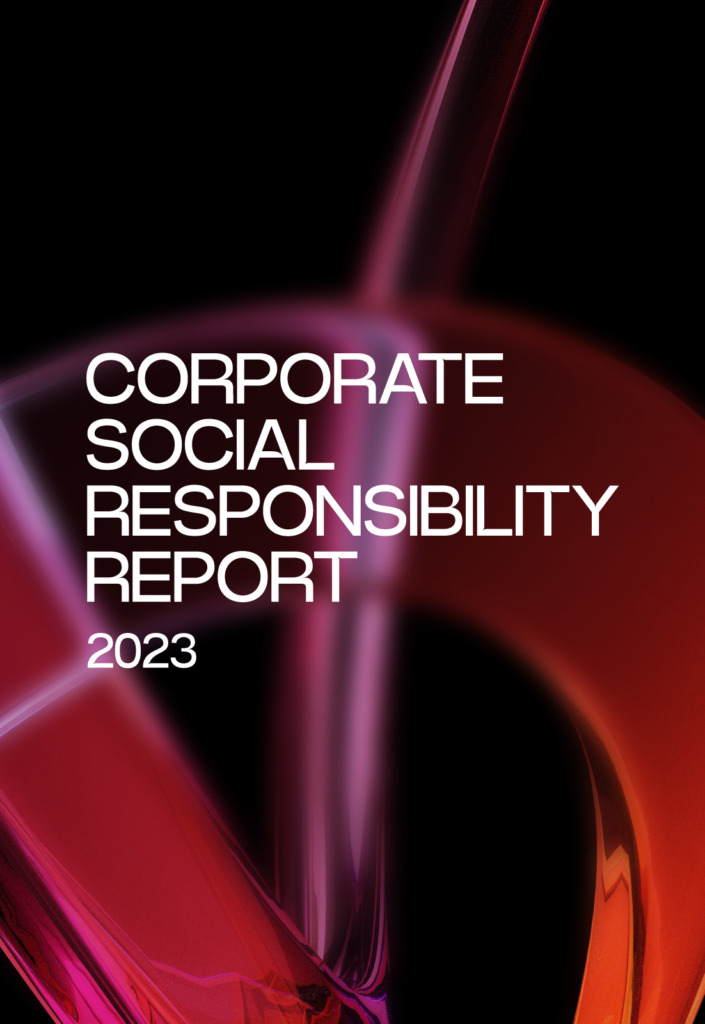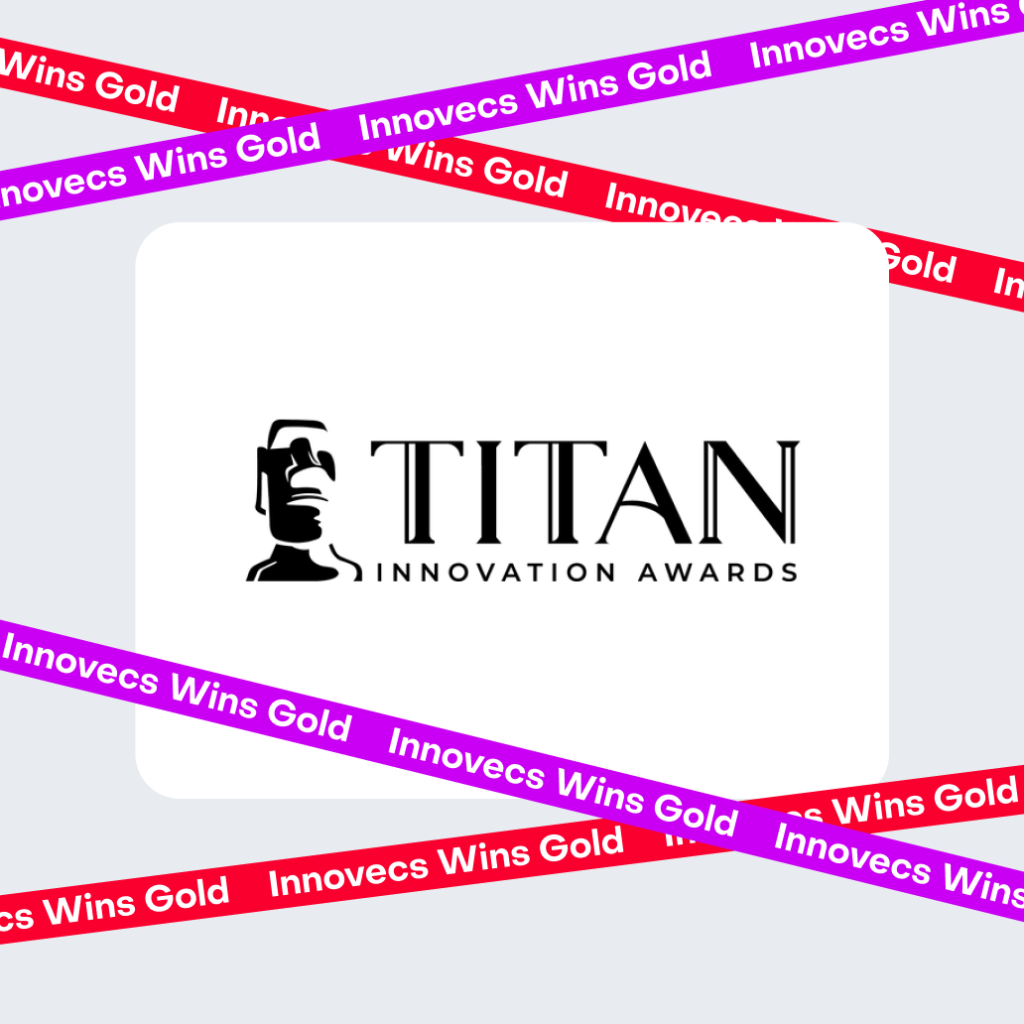
Whatever our career path is, we all want to be good at what we do. Many of us want to be regocnized, objectively excellent and outshine others in the market. Throughout our corporate history, Innovecsers have earned various certifications, shared their achievements on LinkedIn, and received warm congrats. Each of them had their motivation, certification choice, and professional plans.
In this article, we will cite the experience of Innovecsers — why they chose a particular certification and how exactly the successful completion boosts career progression. But first, let’s discuss the criteria and factors that are crucial in choosing the certification.
In the context of software engineering certifications, they act as credible proof that one has a certain body of knowledge and expertise level of practices and concepts relevant to a skilled software engineer. Since certification is a global practice, there are numerous certification providers, therefore, the requirements and procedures can vary. Whether it is a course completion, written exam, or project built from scratch — the document you receive at the end of the day is an objective reflection of your capabilities.
Basically, certification is an extra opportunity to succeed in a career. For instance, future possible employees with certification could be in an advantageous position since they have had some experience by the time of the interview. A potential employer is more likely to trust well-known certification providers, and some companies require certain certifications as a mandatory qualification for being hired as a software engineer or manager. Having an impressive number of certifications, a professional has an additional value that companies compete for. Thus, such a specialist can negotiate compensation and pick the best offer.
When assessing the list of available certifications and choosing the necessary one, the following factors should be taken into account:
- Credibility and reputation. Certifications provided by big industry names such as Microsoft, Oracle, or ISTQB® are already well-established, highly recognized, and respected by prominent software development organizations. Make sure the certification provider has a robust community around it.
- Customer service and support. Reputable certifications — just like any industry leader — genuinely care about client support. The process itself might be a bit tricky, and one might get lost during the application stage. It would be a good idea to check how the support system works, and whether the inquiries are addressed promptly.
- Your career future. Much of the certification choice depends on personal aspirations and plans for professional development. One needs to have a clear idea of individual career development. For instance, if you would like to pursue managerial roles, it is essential to pick a certification that would have a real value on this path.
- The potential ROI. The earning prospects of any certification are directly related to a certain skill or technology these certifications provide, more specifically — their relevance, adoption, and popularity in the nearest future.
Now that we have recapped the general assessment checklist, it is worth taking a glance at the top-10 certifications list.
Below are the global-scale certifications, that Innovecsers engaged in software engineering have already received and reaped benefits from:
- AWS Certified Cloud Practitioner. The certificate assists companies in detecting and further developing talent with crucial knowledge in cloud initiative implementation. Having this credential means one is fluent in the cloud and has basic AWS knowledge. Before choosing this particular certification, one should make sure there is sufficient experience in the AWS cloud (no less than 6 months), and practical knowledge of the fundamental AWS services, core security frameworks, pricing, and billing models as well as business impact, and use cases of the cloud.
This certification takes place in the form of the CLF-C01 exam containing 2 types of questions — multiple response and multiple choice.
- AWS Certified Developer — Associate. By acquiring AWS Certified Developer — Associate credential, a specialist confirms having critical knowledge and skills for writing and deploying cloud-based apps. Apart from having 1+ year of practical experience in creating and maintenance of applications based on AWS, an applicant should know AWS best practices, be fluent in the development, deployment, and debugging of could-based apps with AWS, at least one top-notch programming language, AWS Shared Responsibility Model, how to write code for serverless apps as well as how to manage application lifecycle, etc. The certification guide contains exhaustive information on the required knowledge for passing this exam.
- AWS Certified Solutions Architect – Associate. Thanks to earning this certification, a specialist gets validation of the ability to create and deploy AWS distributed systems. The credential is suitable for those having 1+ year of practical experience in developing cost-effective, fail-safe, and scalable AWS distributed systems. That is, an applicant is expected to know how to work with the database, compute, storage, and networking AWS services, management, and deployment services. In addition, make sure you have enough experience in managing AWS workloads, fulfilling technical requirements, and security controls as well as meeting compliance requirements.
- Certified Tester Advanced Level Test Manager (CTAL-TM). The title of this certification pretty much speaks for itself. This ISTQB®-powered credential means a specialist confirms the ability and enough competence to manage and take responsibility for testing at all stages of the software development process. In the case of the software development lifecycle, such a professional embraces numerous areas such as designing a relevant test approach based on corporate test strategy, assembling testing teams, and performing tests on competencies necessary for the project completion.
A candidate is expected to be able to manage the testing process by aligning corporate goals, mission, policies, and strategies; to manage and hold risk assessment and identification activities, and then use the outcomes for further planning, monitoring, and control; to identify resource and skill gaps and use the results for continuous improvement of testing practices.
- Certified Tester Advanced Level Technical Test Analyst (CTAL-TTA). The skills necessary for passing this exam encompass fundamental technical skills such as risk-based testing, test automation, white box testing, dynamic and static analysis, and non-functional testing. The CTAL-TTA certification is relevant for those engaged in testing and willing to deepen their software testing knowledge in the future. Before passing this test, a candidate must receive the Certified Tester Foundation Level credential and have considerable hands-on experience. The certified professional knows how to classify software systems’ risks, can add technical components to testing to mitigate risks, take part in reviews, choose appropriate techniques, and define the potential outcomes from using them.
- Oracle Certified Associate, Java SE 8 Programmer. The Java SE 8 Oracle Certified Associate (OCA) credential implies a candidate has extensive knowledge of Java, and the top-level skills needed for becoming an advanced developer. Before taking an exam, one needs to consider beginner and intermediate Java SE 8 training to get some practical knowledge. After that, an applicant must pass the Java SE Programmer I exam. To turn into a professional Java Developer, one is required to gain skills from both exams — Programmer I and Programmer II.
- Certified Associate Game Developer (Unity). This certification is intended for aspiring game developers who are willing to demonstrate fluency in the core Unity competencies and frameworks to get the first Unity position. Applicants who are likely to pass the exam successfully are expected to be proficient computer science specialists — through institutional education, or self-taught. The number of required skills includes being able to build complicated games with the help of C# in Unity, dealing with debugging, prototypes, and programming issues, and having a practical experience in holistic game production.
Professional Scrum Master PSM I Assessment. Everyone willing to validate their mastery of the Scrum framework and its practical implementation is welcome to pass this assessment. PSM I Certification is well-established and industry-recognized; it is evidence that the recipient of this certification has a fundamental Scrum mastery level. One may omit the educational course if there is confidence in possessing a high Scrum knowledge level, the ability to apply the framework across the teams, and a deep understanding of the Scrum Guide. In this case, one can proceed directly to passing the PM I assessment. However, to pass the assessment successfully, we highly recommend considering some preparation courses — just check the available options. - PMI Agile Certified Practitioner (PMI-ACP)®. The certification is suitable for those who have extensive experience in applying Agile methodology across teams. A potential certified pro must have strong collaboration skills, and be into problem-solving and complexities. PMI-ACP officially acknowledges a deep knowledge of agile techniques; it encompasses a variety of approaches to agile, for instance, TDD, XP, Kanban, Lean, and Scrum. Thus, the certification will boost flexibility and universality, whatever the projects might be.
- Project Management Professional (PMP)®. PMP® is the king in project management certification. Being comprised of agile, predictive, and hybrid frameworks, the certification is the reflection of hands-on experience in project leadership. Whatever the industry is, PMP® boosts project leadership career development and assists companies in finding the right people to perform better — experienced project managers are always in great demand. The credential means, a project manager has vast expertise in the business environment, process, and people as well as navigating these areas for successful project completion.
As a part of engineering leadership framework, Innovecs assists and encourages its employees to pass the desired certifications and grow professionally. One can start by various Internship programs to gain experience in real-life projects, get to know and drive inspiration from skilled teams, learn from a mentor from day one. By becoming an Innovecser, a newbie starts an exciting experience with a lot of career and self-development opportunities.
Do you dream of becoming an engineering leader? Come evolve with us.
Have a look at what we’ve got for you here.




